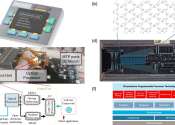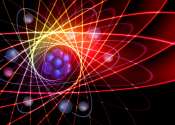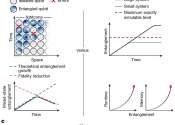Research team manufactures the first universal, programmable and multifunctional photonic chip
A team from the Photonics Research Laboratory (PRL)-iTEAM of the Universitat Politècnica de València and the company iPRONICS have designed and manufactured a revolutionary chip for the telecommunications sector, data centers ...
Apr 15, 2024
1
71









